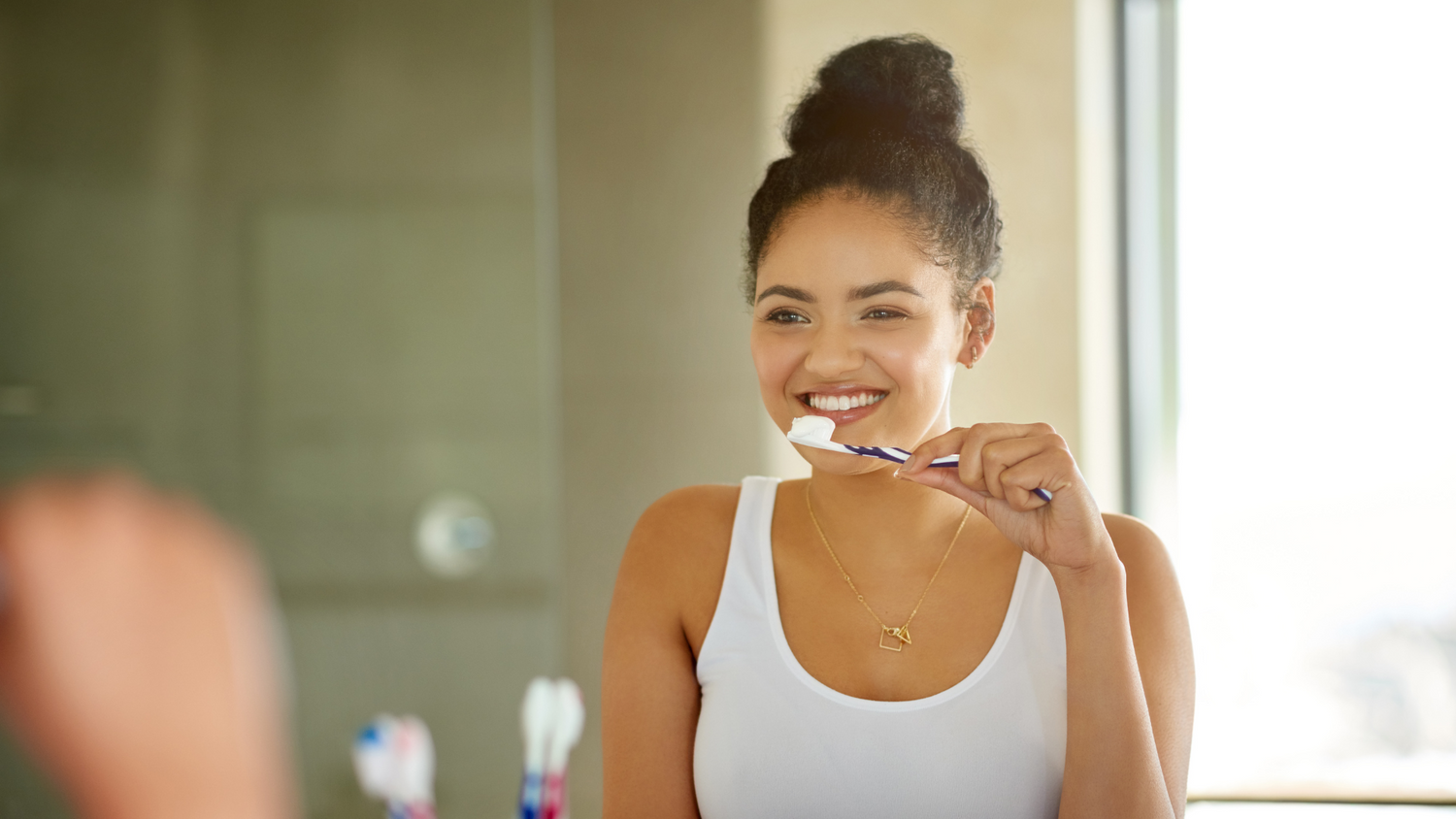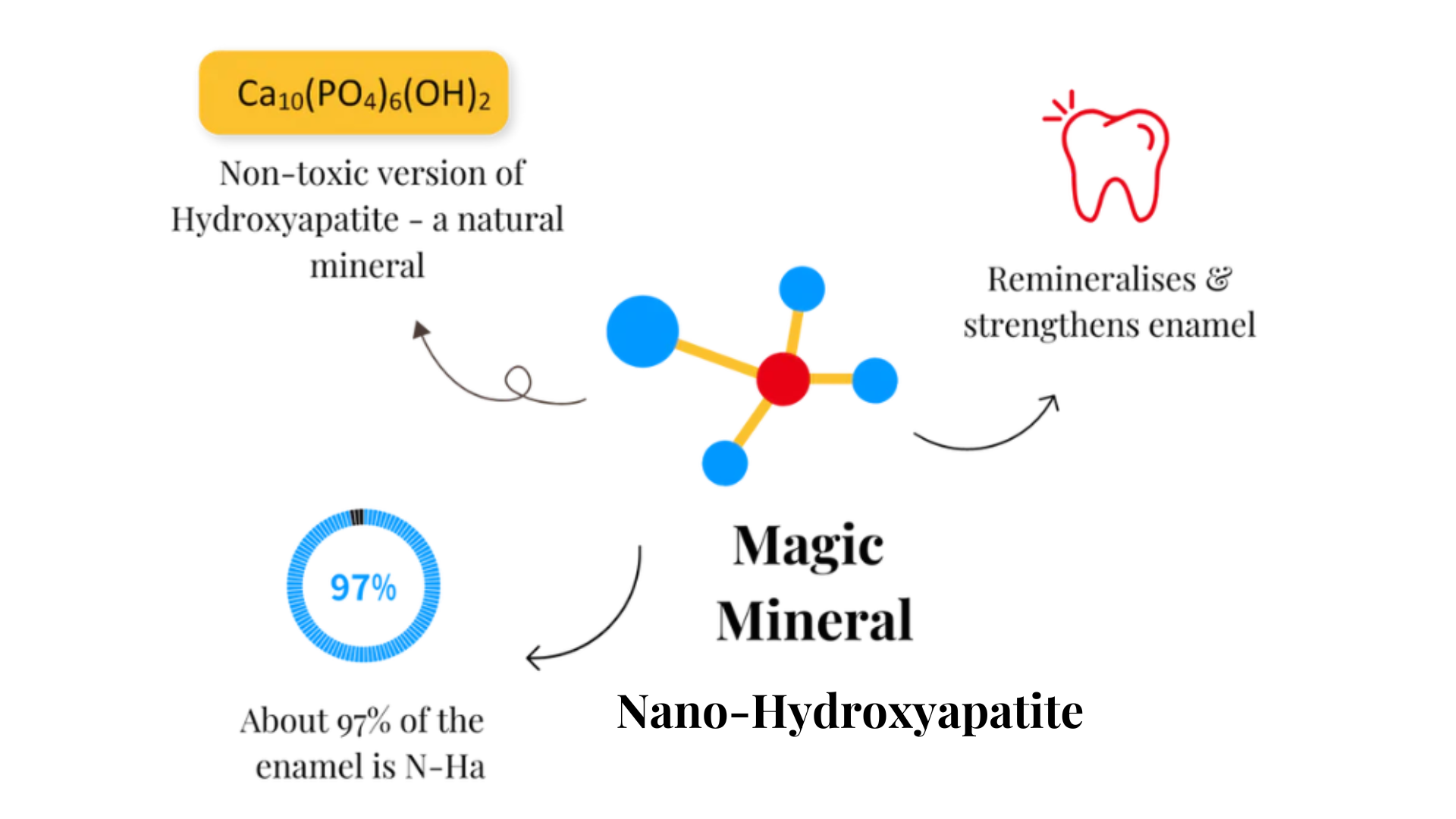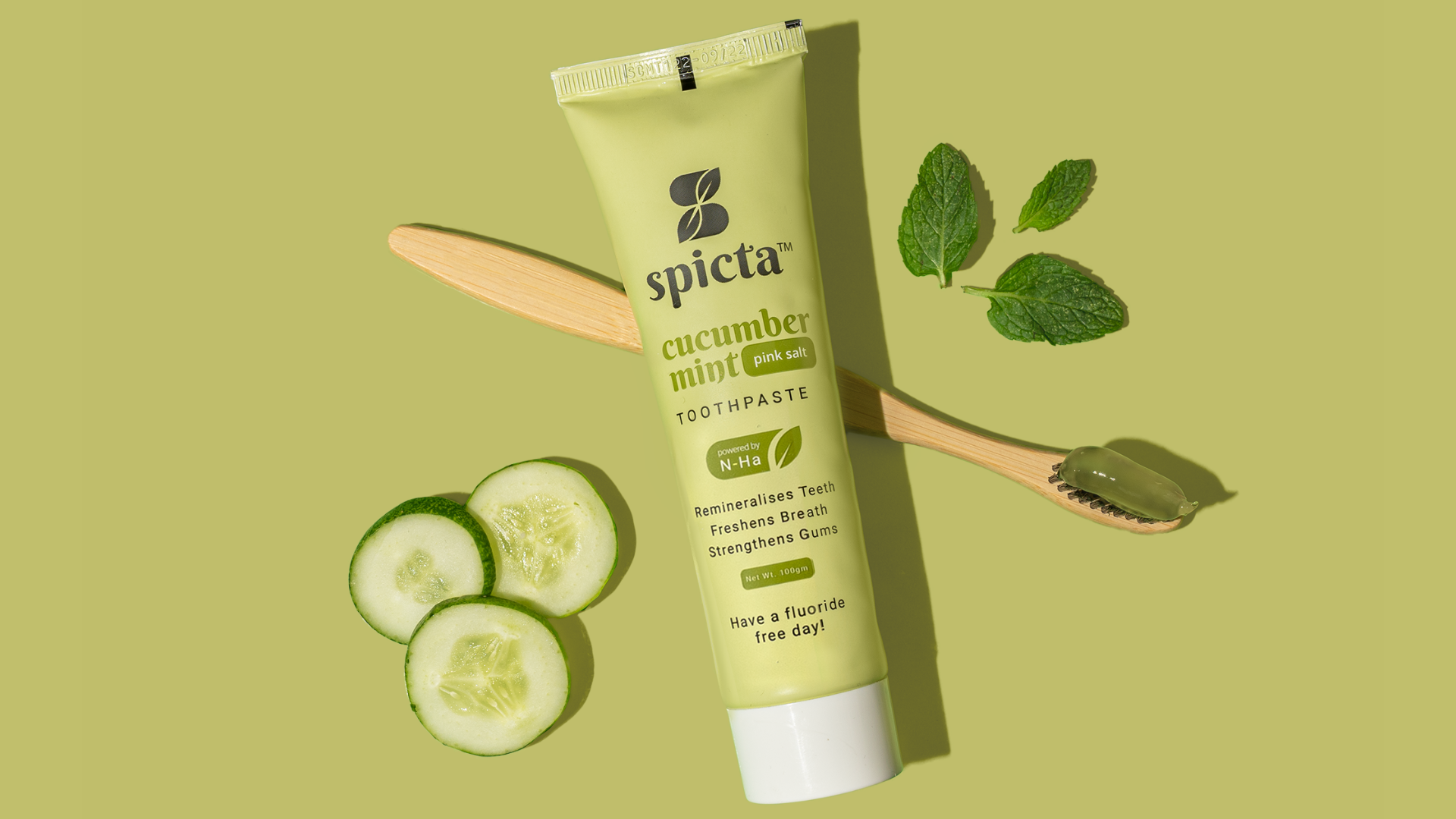The Significance of Brushing Teeth Twice a Day: Elevating Your Dental Care
Maintaining optimal oral hygiene is paramount for a vibrant and healthy smile. Amidst the array of dental care routines, the practice of brushing your teeth twice a day stands as a foundational ritual, offering a multitude of benefits. Beyond merely ensuring cleanliness and freshness, regular brushing significantly contributes to averting dental issues. In this article, we'll delve into the importance of brushing twice daily, the advantages it imparts, and why integrating this habit into your daily regimen is essential for impeccable oral health.
Unveiling the Benefits of Brushing Teeth
Brushing your teeth plays a central role in upholding impeccable oral hygiene. By eliminating plaque, bacteria, and food particles from your teeth's surface, brushing acts as a safeguard against tooth decay, gum disease, and undesirable breath odours. Plaque, a tenacious film of bacteria, forms on teeth and harbours harmful microorganisms capable of eroding tooth enamel and inducing cavities. Consistent brushing disrupts plaque formation, thus curtailing the risk of dental complications.
Nightly Brushing: A Crucial Practice
Brushing your teeth before bedtime assumes particular importance. It facilitates the removal of accumulated bacteria and plaque that accrue throughout the day. During sleep, saliva production diminishes, fostering an environment conducive to bacterial proliferation. By brushing your teeth before retiring for the night, you effectively eliminate bacteria and mitigate the chances of dental issues, including cavities and gum disease.
Exploring Effective Brushing Techniques: To maximise the benefits of brushing twice a day, it's crucial to employ proper brushing techniques. The way you brush plays a pivotal role in plaque removal and overall oral health.
Choose the Right Brush: Selecting the right toothbrush is the first step. Opt for a toothbrush with soft bristles and a comfortable grip. Soft bristles effectively clean teeth without damaging the enamel or causing gum irritation.
Master the Angle: Hold your toothbrush at a 45-degree angle against your gum line. This allows the bristles to reach beneath the gumline, where bacteria often accumulate, contributing to gum disease.
Gentle and Thorough Brushing: Use gentle, circular motions to clean each tooth's surface. Pay extra attention to hard-to-reach areas, such as the back molars. Avoid aggressive scrubbing, as it can lead to gum recession and enamel erosion.
Tongue and Roof of Mouth: Don't neglect your tongue and the roof of your mouth. Bacteria can accumulate here and contribute to bad breath. Gently brush your tongue and roof of your mouth to eliminate these bacteria.
Replace Your Toothbrush Regularly: Over time, toothbrush bristles wear out and become less effective. Replace your toothbrush or toothbrush head every three to four months, or sooner if you notice fraying.
The Role of Proper Diet in Oral Health
While brushing is essential, your diet also plays a significant role in your oral health. Consuming a balanced diet rich in nutrients can contribute to strong teeth and gums.
Limit Sugary and Acidic Foods: Sugary and acidic foods can erode tooth enamel, leading to cavities. Limit your intake of sugary snacks, sodas, and acidic fruits. If you do indulge, make sure to brush afterward or rinse your mouth with water.
Calcium-Rich Foods: Calcium is crucial for strong teeth. Incorporate dairy products, leafy greens, almonds, and fortified foods into your diet to ensure adequate calcium intake.
Stay Hydrated: Drinking water not only keeps you hydrated but also helps rinse away food particles and bacteria that can lead to tooth decay.
Crunchy Fruits and Vegetables: Snacking on crunchy fruits and vegetables like apples, carrots, and celery can help clean teeth naturally by stimulating saliva production and scrubbing away plaque.
By complementing your diligent brushing routine with a tooth-friendly diet and proper brushing techniques, you're setting the stage for optimal oral health and a radiant smile.
Conclusion
Brushing your teeth twice daily serves as a pivotal practice that bequeaths a plethora of advantages to your oral well-being. It aids in countering tartar buildup, tooth decay, gum disease, and undesirable breath. By brushing regularly even at night, you cleanse your mouth from the accumulated bacteria, and developing better cleanliness and oral health. Introducing this routine into your daily life is non-negotiable in your pursuit of optimal oral hygiene and the preservation of a captivating smile.
At Spicta, we grasp the pivotal nature of regular brushing and offer an array of dental hygiene products tailored to augment your oral care journey. Our cutting-edge toothbrushes, toothpaste, and mouthwashes are meticulously formulated to facilitate effective cleansing, invigorating breath, and nurturing overall dental health. With Spicta, you elevate your brushing experience and embark on a journey towards exuding confidence and radiating smiles.
Remember, comprehensive oral hygiene transcends brushing and encompasses regular dental check-ups, a balanced diet, and diligent flossing for sustained oral well-being.
FAQs:
How long should I dedicate to brushing my teeth?
It's recommended to allocate at least two minutes for each brushing session, guaranteeing thorough cleansing.
Should I opt for a manual or electric toothbrush?
Both manual and electric toothbrushes can be efficacious if employed correctly. Electric toothbrushes may offer additional benefits such as oscillating brush heads and built-in timers.
Is using mouthwash post-brushing necessary?
Yes, it's advisable to employ mouthwash after brushing. This imparts an added sense of freshness and eradicates bacteria that may have eluded the brushing process.
Can I engage in immediate brushing after a meal?
The ideal approach is to wait for approximately 30 minutes post-meal before brushing your teeth. This interval allows saliva to neutralise mouth acids, shielding your tooth enamel. However, you can instantly use Spicta Lemongrass Mint Tooth Foam after meals to mitigate this concern.




